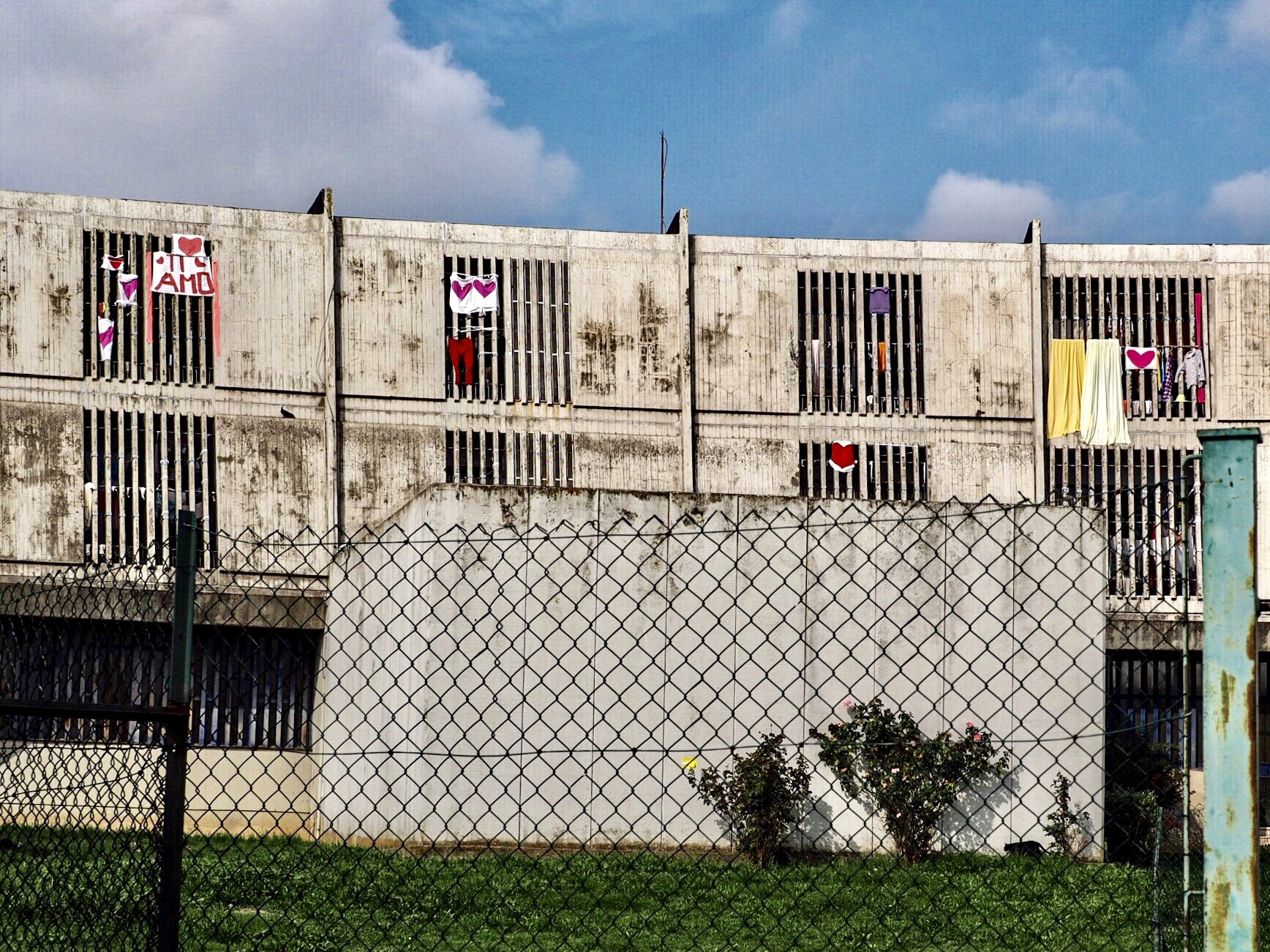A Divided Aim. Poetry and Propaganda in Oscar Wilde’s «The Ballad of Reading Gaol»
DOI :
https://doi.org/10.15167/1824-7482/pbfrm2020.32.1889Résumé
Is Oscar Wilde’s The Ballad of Reading Gaol (1898) more poetry or rather more propaganda? While writing his famous prison poem, between July and December 1897, mere months after his release from jail, the author himself struggled with what he called ‘a divided aim’ in his ballad about the death by hanging of his former fellow-prisoner Charles Thomas Wooldridge.
This article argues that Wilde’s wrestling with the contending forces of realism versus imagination should be seen in the more general light of how West-European writers over the past two centuries have described the prison experience in imaginative versus autobiographical literature.
Oscar Wilde’s difficulties in overcoming the conflict between reliving and escaping from his traumatic memories are analysed from a biographical and a narratological perspective. This leads to the conclusion that Wilde, reunited with his young lover Lord Alfred Douglas in Napels, succeeded indeed in tying together the divided aims of his creation.
Wilde did so by employing an artful double focus of both identifying with his narrator and with his protagonist. To these two focalisations he was able to add an overarching third voice in the poem that, fully using the potential of the originally Medieval ballad form, unifies the realistic and the romantic forces in The Ballad of Reading Gaol.
Téléchargements
Publiée
Numéro
Rubrique
Licence
(c) Tous droits réservés Maarten Asscher 2020

Ce travail est disponible sous licence Creative Commons Attribution - Pas d’Utilisation Commerciale 4.0 International.


